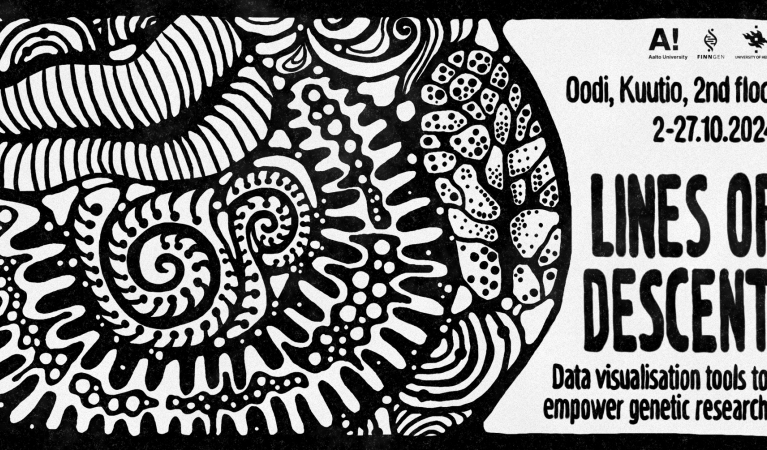11.4.2025
Researchers have shown for the first time that genetic predisposition to sedentary behaviour is associated with a higher risk of developing the most common cardiovascular diseases. A high genetic predisposition to sedentary behaviour can increase the risk of cardiovascular diseases by up to 20%.
11.3.2025
The thesis of MSc Jonna Clancy is the first single biobank-focused doctoral dissertation in Finland. The work was conducted in the Blood Service Biobank utilizing the genome data from FinnGen. Warm congratulations!
3.2.2025
An international study led by the University of Oulu and Oulu University Hospital has identified six genetic regions associated with the inflammation of the eye's iris, also known as anterior uveitis. The research also uncovered a genetic correlation between anterior uveitis and inflammatory bowel diseases (IBD). These findings contribute to a better understanding of the mechanisms behind anterior uveitis and its connection to common autoimmune diseases.
11.12.2024
The prevalence of cleft palate in Finland is more than twice the European average. A research team identified genetic variants that explain this phenomenon, as well as a regional distribution where cleft cases increase from southwest to northeast.
4.12.2024
FinnGen, a forerunner in the global landscape of genomics projects, is delighted to welcome Bayer as its newest pharmaceutical industry partner.
21.11.2024
A study has discovered a genetic defect that affects the maturation of oocytes, leading to infertility in women. This discovery provides new insights into the genetic causes of infertility and may help develop diagnostics or new treatments for women suffering from infertility.
12.11.2024
Lumbar disc herniation is one of the most common structural changes in the lower back and the most common cause of radiating pain, or sciatica, in the leg.
4.11.2024
Six-years of sample collection culminated in the internal release of the final dataset in September 2023, which is when FinnGen hit its target of sampling close to 10% of the Finnish population with more than 500,000 genotyped and phenotyped individuals. The results based on this final FinnGen dataset are now publicly available for the entire research community.
3.10.2024
"Lines of Descent - Data visualisation tools to empower genetic research" -exhibition showcases Aalto University’s data visualisation tools developed in collaboration with FinnGen. This is a brand-new way to visualise genetics, and it is breathtakingly beautiful. Welcome!
18.9.2024
A recent Finnish study found that pneumonia and severe gastrointestinal complications are more common with the most effective schizophrenia medication than previously thought. These side effects increase mortality, highlighting the need for better monitoring. Genetic testing could help identify high-risk patients.









